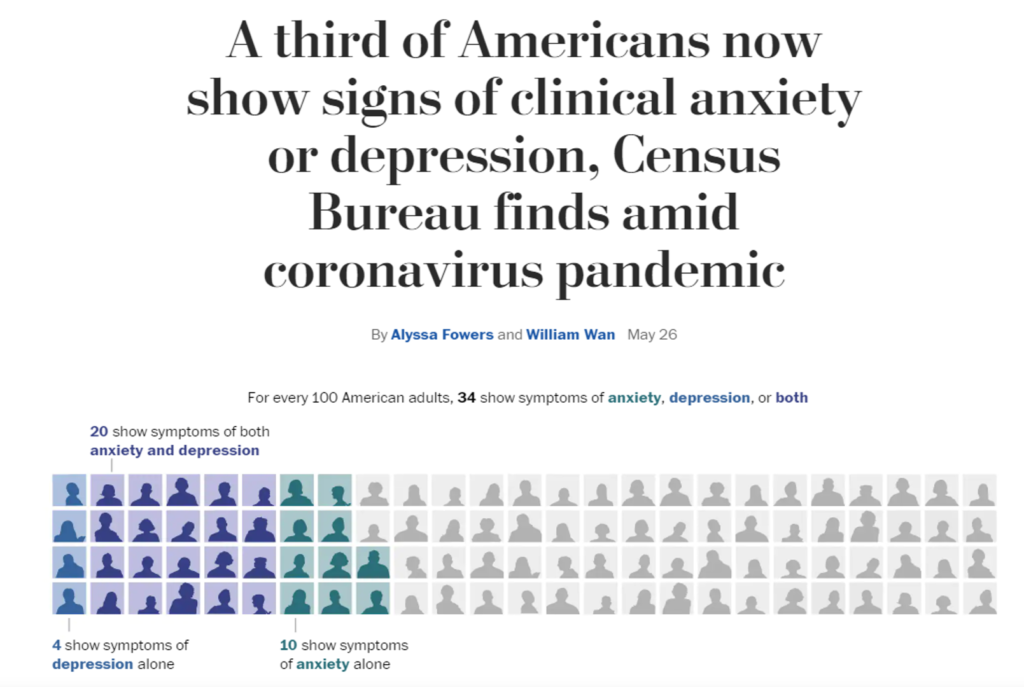What is resilience?

Challenge and adversity are woven into the human experience. Although adversity can profoundly disrupt emotional wellbeing and life functioning, research suggests that many people show better outcomes than expected. Broadly, psychological resilience can be defined as the maintenance, recovery, or achievement of positive mental health and functioning in the face of adversity.
Scientific disciplines have approached the phenomenon of resilience from multiple angles over the years. For example, some developmental researchers have examined resilience as the absence of negative outcomes among high-risk children. Other psychologists have studied resilience as a personality trait reflecting a perceived ability to “bounce back” from stressors. Many engineers have defined resilience as a system capacity to absorb disturbance and/or reorganize in order to maintain function. Across psychiatry and epidemiology, experts now agree that resilience reflects a dynamic process involving the interaction of risk and protective factors at multiple levels, and across time – the definition the Center is following in its approach to resilience.
From the perspective of epidemiology, a consensus for large-scale measurement of resilience is needed to provide population-level insights for promoting wellbeing despite adversity. Despite recent conceptual and empirical advances, measurements of resilience remain largely uncoordinated. While one single unifying approach to resilience is unlikely (for example, we have proposed that resilience can be meaningfully studied as a capacity, process, or outcome), capturing this construct in a clear and consistent way across studies could powerfully advance the science of resilience and wellbeing.
How is resilience different from wellbeing?
Although resilience is conceptually related to wellbeing or flourishing, one major distinction is the role of challenge or adversity. Resilience by definition implies the presence of challenge or adversity. Without challenge or adversity, resilience is not required and therefore cannot be observed. On the other hand, wellbeing reflects a state of overall positive mental health that can be detected without explicit consideration of underlying risk. Interestingly, research suggests that factors that constitute wellbeing or flourishing – such as optimism, or purpose – can actually increase capacity for resilience.
Why study resilience during COVID-19?

Recent data point to a troubling statistic: one in three Americans are showing signs of anxiety and depression during the COVID-19 pandemic. More than ever, there is a need to study resilience and other psychosocial outcomes during times of stress. Drawing on a similar set of measures will facilitate harmonized risk exposures and mental health outcomes across studies, and allow more comparable investigations of resilience in the face of this pandemic.

You must be logged in to post a comment.